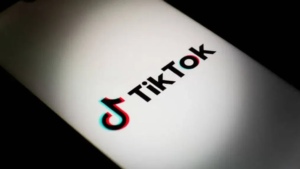Texas takes TikTok to court allegations of children’s privacy violations

Texas Attorney General Ken Paxton has launched a lawsuit against TikTok, arguing that the company violates a new state law intended to safeguard children’s online privacy. The Securing Children Online via Parental Empowerment (SCOPE) Act prevents social media businesses from sharing or selling kids’ personal information without their parents’ approval. It also compels these firms to provide tools that allow parents to monitor and regulate their children’s internet accounts.
Paxton believes that TikTok’s “Family Pairing” function, which allows parents to link their accounts to their children’s, does not completely meet the law’s standards. He further claims that TikTok illegally exchanges minors’ data with third parties, including advertisers, and shows targeted adverts to known minors without enough parental control.
TikTok has categorically rejected these allegations, claiming that it already provides comprehensive safety measures and resources for parents and does not sell personal information where prohibited by law. Nonetheless, Paxton’s office seeks civil penalties of up to $10,000 per violation.
TikTok has fiercely rejected the charges, claiming that it provides comprehensive privacy and safety precautions for families. A TikTok spokeswoman stated that the company does not sell personal data where prohibited by law, and that its Family Pairing feature allows parents to manage essential parts of their children’s accounts. However, the complaint highlights longstanding concerns about how tech companies handle children’s data and if current security measures are adequate to protect young users online.
The Texas lawsuit may have far-reaching consequences not only for TikTok, but also for other social media platforms. If successful, the action might result in greater enforcement of children’s privacy rules and a drive for tech companies to improve parental control measures. Furthermore, the legal action reflects broader worries about digital privacy and the expanding role of governments in regulating technology businesses. Several other states are dealing with similar concerns, and this case may prompt other legal challenges.

